Why Travel is Important: Key Insights
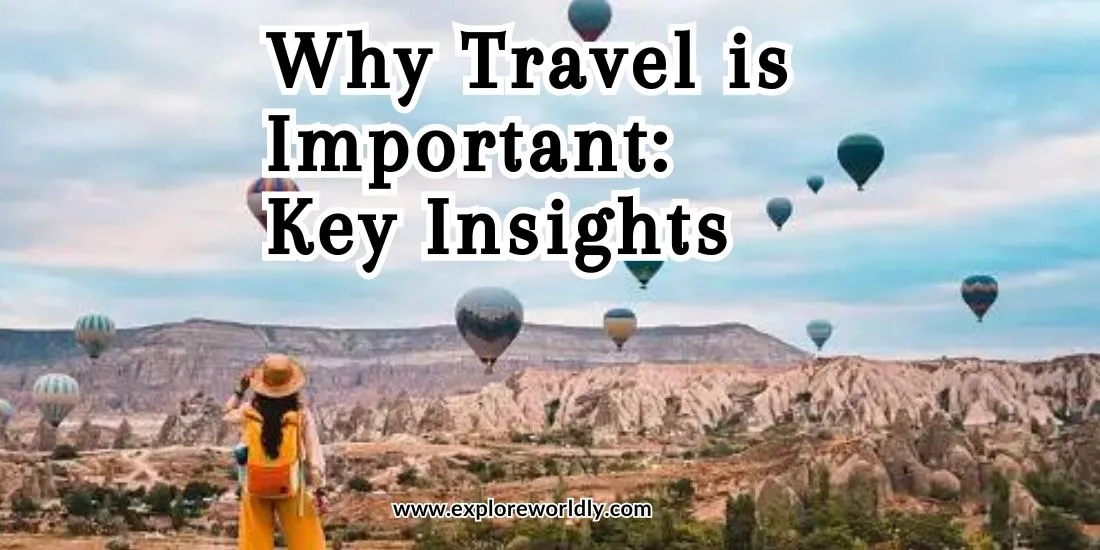
Travel is a mirror that reveals who we are, showing our weaknesses, strengths, desires, and fears. Once we step outside our comfort zones to embrace an unknown world, we open a new world of possibilities. Explore the reasons why traveling is essential! Explore the transformational benefits of travel to broaden your horizons, increase your knowledge about the globe, and enhance your life in many ways.
“Travel is the bridge to wisdom; it takes you to places and people that textbooks can’t.” – Unknown.
Travel is moving from one place to another, especially over a long distance. A journey is undertaken for various purposes, from business to leisure or education. As well as personal benefit, traveling has an effectful economic effect. Tourism is an integral sector in many parts of the world, and tourism provides jobs while creating income for local communities.
Table of Content
- Broadening Horizons through Travel
- The Educational Value of Travel
- Exploring Self-Discovery and Personal Growth
- Travel as a Stress Reliever
- Building Relationships and Social Bonds
- Enhancing Creativity and Inspiration
- Health Benefits of Travel
- Promoting Cultural Understanding and Tolerance
- Overcoming Challenges and Adapting
- Environmental Awareness through Responsible Travel
- Travel for Career Growth and Opportunities
- Nurturing Memories and Stories through Travel
- Travel as a Source of Inspiration for the Future
- The Digital Age and Virtual Travel Experience
- Conclusion:
- FAQs: Why travel is important?
Here are some key reasons why travel is important:
Broadening Horizons through Travel
One of the primary benefits of travel is its ability to expose us to diverse cultures, traditions, and ways of life. It’s like opening a book and immersing ourselves in a different chapter each time we visit a new place. Meeting people from various backgrounds and understanding their perspectives can be eye-opening.
Traveling allows us to learn about the world in a way no classroom can teach. From the ancient ruins of Rome to the serene temples of Japan, each place has a unique story to tell, and being there in person helps us truly grasp the depth of human history and civilization.
In the next section, we’ll explore the educational value of travel and how it can transform our perspectives.
The Educational Value of Travel
Traveling is akin to being in a live classroom, where the world is our teacher. It’s an opportunity to delve into history, geography, sociology, and anthropology tangibly and interactively. Standing in the Colosseum in Rome or walking through the ancient Petra in Jordan brings history to life. It’s not just about seeing; it’s about experiencing and understanding.
“Travel is the university of life, where every road taken is a lesson learned.” – Unknown.
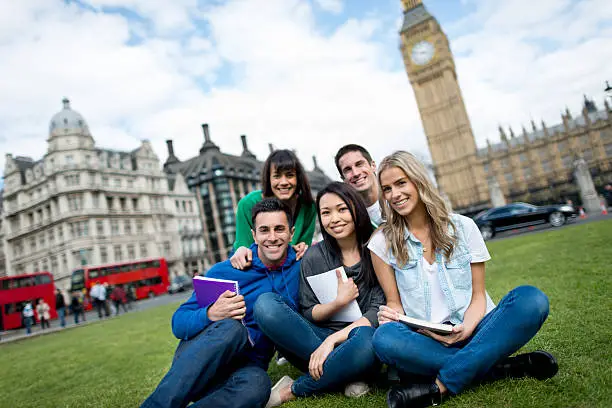
Exploring Self-Discovery and Personal Growth
We grow as individuals when we break out of our everyday routines and experience new things. Travel challenges us, pushing us beyond our comfort zones. Whether it’s conquering a fear of heights by zip-lining through a forest or navigating a foreign city’s public transportation system, these experiences build resilience and confidence.
Travel opens doors to self-discovery. We discover untapped strengths in unfamiliar places and learn to adapt and thrive. It’s a journey of self-exploration, understanding our preferences, fears, and dreams.
Travel as a Stress Reliever
Escaping the daily hustle and bustle by embarking on a journey can do wonders for our mental and emotional well-being. It’s a chance to unwind, disconnect from the stresses of everyday life, and recharge. Whether it’s a beach vacation or a mountain retreat, travel offers a change of scenery and a break from routine essential for our mental health.
“Travel far, travel wide, and let your soul be your guide.” – Unknown.
Building Relationships and Social Bonds
Travel is not just a solo adventure; it’s an avenue to connect with people from around the globe. Interacting with individuals from diverse cultures enriches our understanding of humanity. Friendships formed during travel can be enduring, transcending borders and backgrounds.
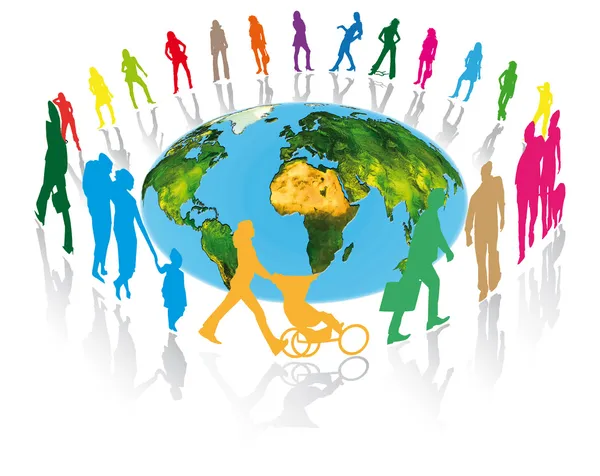
Sharing experiences with others creates lasting bonds. From fellow travelers to locals, each interaction shapes our journey and leaves us with memories to cherish.
In the subsequent sections, we’ll discuss how travel nurtures creativity, promotes cultural understanding, and impacts our health positively.
You may interested: Fun Things to Do in Boston in the Winter
Enhancing Creativity and Inspiration
Travel has an incredible way of stimulating creativity and sparking inspiration. Experiencing new cultures, landscapes, and cuisines leads to a surge in creative thinking. Writers find the latest stories, artists find new colors, and musicians find new rhythms in the tapestry of the world.
Every place visited offers a fresh perspective; sometimes, all it takes is a change in scenery to break through creative blocks.
Health Benefits of Travel
Traveling involves physical activities, whether hiking in the mountains, strolling through cities, or swimming in the sea. This movement is excellent for our overall health. It’s a chance to exercise while enjoying the beauty of the destination.
Moreover, the mental relaxation from being in a new environment, away from everyday stressors, significantly contributes to our well-being.
“Travel is the best therapy; it rejuvenates the body, mind, and soul.” – Unknown.
Promoting Cultural Understanding and Tolerance
Travel is a bridge that can bring us closer to a world that sometimes feels divided. Experiencing different cultures firsthand breaks down stereotypes and prejudices. It fosters empathy and understanding, showing us that we are all human with similar desires and hopes at our core.
Understanding and appreciating other cultures makes us more accepting and tolerant.
Overcoming Challenges and Adapting
Travel is an adventure filled with unexpected turns. Flights get delayed, reservations get mixed up, and plans change. Navigating these challenges hones our problem-solving skills and teaches us to adapt swiftly. It’s a lesson in being flexible and making the best of any situation.
Every mishap becomes a story, and every challenge becomes a lesson learned.
In the forthcoming sections, we’ll explore the environmental aspects of travel, how it impacts our careers, and the importance of creating lasting memories through our journeys.

Related article: Affordable Delicious Japanese Food
Environmental Awareness through Responsible Travel
As exciting as it is, travel has an environmental impact and tells us why travel is important. However, responsible and sustainable travel practices can mitigate this impact. Travelers can contribute to conservation efforts by being conscious of their ecological footprint. Choosing eco-friendly accommodations, minimizing waste, and respecting natural habitats and cultures is crucial for responsible travel.
Promoting these practices ensures that the world’s beauty remains for future generations to explore.
Travel for Career Growth and Opportunities
Travel isn’t just leisure; it can also propel our careers. In a globally connected world, experiencing different cultures and meeting people from various backgrounds can broaden our professional horizons. Networking during travel can open doors to new opportunities, and for those in specific industries, business-related travel is an essential aspect of growth.
“Travel isn’t only about seeing new places; it’s about seeing the world with new eyes, gaining fresh perspectives.” – Unknown.
Nurturing Memories and Stories through Travel
Travel leaves us with memories that stay etched in our hearts. The laughter shared, the challenges faced, and the beauty witnessed all become stories we tell and cherish. These memories enrich our lives, reminding us of the vastness of the world and the diversity it holds.
Photographs and souvenirs become tokens of these beautiful moments, allowing us to relive them whenever we want.
Related article: How to Travel the World for Cheap: A Budget-Friendly Guide
Travel as a Source of Inspiration for the Future
Every trip we take becomes a source of inspiration for the future. The places we visit, the people we meet, and the experiences we gather shape our vision. Travel can help us to identify our passions and goals and inspire us to pursue them.
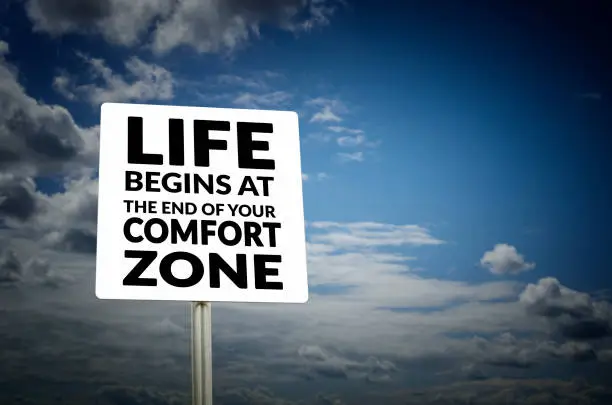
It can help us to see the world in new ways, to learn about different perspectives, and to imagine new possibilities.
Here are just a few examples of how travel can inspire us:
- Traveling to a new country can show us different ways of living and working. It can inspire us to think about new ways to solve problems and to create a better future for ourselves and our communities.
- Visiting historical sites can teach us about the successes and failures of the past. It can help us to learn from the mistakes of others and to make better decisions for the future.
- Meeting new people from different backgrounds can help us to understand other cultures and perspectives. It can help us to become more open-minded and tolerant and to build a more inclusive future.
- Witnessing the beauty of nature can motivate us to become environmental advocates and create a more sustainable future.
Seeing how other people live their lives can help us clarify our values and goals and pursue our dreams with more passion and purpose. Seeing people worldwide living their lives to the fullest can motivate us to do the same.
Here are some specific examples of people who have been inspired by travel:
- Nelson Mandela: Mandela was inspired by his travels to Africa to fight against apartheid and to work for a more just and equitable society.
- Steve Jobs: Jobs was inspired by his travels to India to embrace Buddhism and to develop a more holistic approach to business and technology.
- Malala Yousafzai: Yousafzai was inspired by her travels to meet other world leaders and to advocate for girls’ education.
These are just a few examples of how travel can inspire us and why travel is important to create a better future. If you can travel, I encourage you to take it. Travel can be a life-changing experience that can inspire you to make a difference in the world.
The Digital Age and Virtual Travel Experience
The digital age has revolutionized the way that why travel is important. Virtual travel experiences are now available that allow us to explore the world from the comfort of our own homes. These experiences can be highly immersive and informative, and
They can offer several benefits, including:
- Convenience: Virtual travel is incredibly convenient. You can explore any destination you want, any time of day or night, without leaving your home. It is especially beneficial for people with limited mobility or who live in remote areas.
- Affordability: Virtual travel is also very affordable. Many virtual tours and experiences are free or very low-cost. This makes it possible to explore the world without having to spend a lot of money.
- Education: Virtual travel can be a great way to learn about different cultures and places. Many virtual tours and experiences include educational content that can help you know about the history, geography, and culture of the destination you are visiting.
- Planning: Virtual travel can also be a helpful tool for planning real-world trips. You can use virtual tours to get a sense of a place before you visit it and to identify the areas you want to see and do.
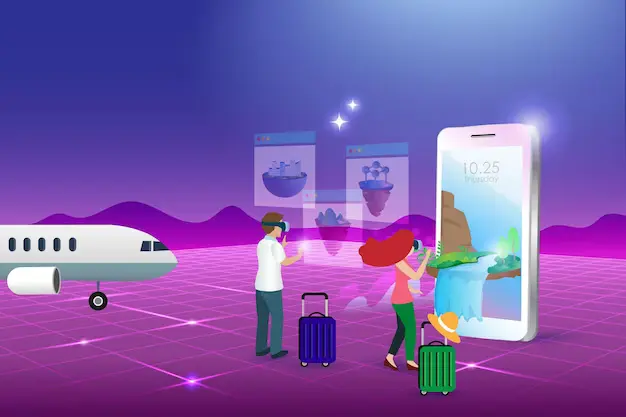
Here are some examples of virtual travel experiences that are available today:
- Google Street View: Google Street View allows you to take virtual tours of streets and landmarks worldwide. You can use Street View to explore cities, towns, and natural wonders from your home.
- Virtual museums: Many museums now offer virtual tours of their collections. It allows you to explore museums from all over the world without having to travel.
- 360-degree videos: 360-degree videos allow you to experience a place as if you were there. You can watch 360-degree videos of popular tourist destinations and more remote and off-the-beaten-path locations.
- Virtual reality (VR): VR headsets allow you to experience virtual worlds as if they were real. You can use VR to explore historical sites, natural wonders, and other planets.
Virtual travel experiences are still in their early development stages, potentially revolutionizing travel. As technology advances, virtual travel experiences will become more realistic and immersive, allowing us to explore the world in ways we never imagined.
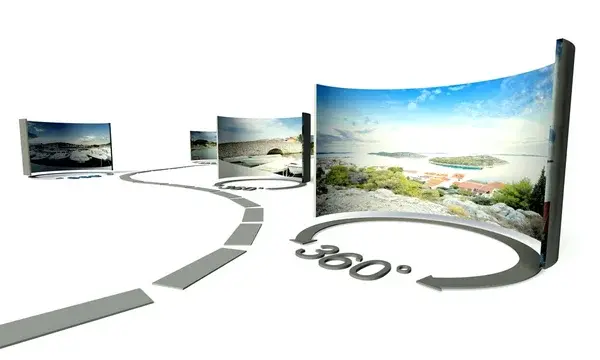
Here are some of the ways that virtual travel experiences can be used in the digital age:
- Education: Virtual travel experiences can be used to teach students about different cultures, places, and historical events. For example, students can use virtual tours to explore ancient ruins, visit museums, or travel to different countries.
- Marketing: Virtual travel experiences can be used to promote tourist destinations and businesses. For example, hotels and resorts can use virtual tours to give potential guests a preview of their facilities.
- Entertainment: Virtual travel experiences can entertain people of all ages. For example, people can use virtual reality headsets to explore new worlds or play games.
Overall, virtual travel experiences offer several benefits and have the potential to revolutionize the way we travel in the digital age.
Conclusion:
Travel is vital for personal growth, cultural understanding, and stress relief. It broadens horizons, inspires creativity, and fosters empathy. Whether physically or virtually, travel offers transformative experiences that shape a better future. It’s not just about reaching a destination; it’s about exploring, learning, and connecting with the world.
That’s why travel is important—it’s a journey that enriches our lives and inspires positive change. Whether physical or virtual, travel remains vital for shaping a better future by encouraging us to embrace diversity, learn from history, and aspire to a more inclusive and sustainable world. So, why travel is important? Because it illuminates our paths to wisdom, broadens our horizons, and inspires us to impact the world we share positively.
FAQs: Why travel is important?
Why travel is important for personal development?
Traveling is essential for personal growth as it takes you out of your comfort zone, exposes you to new experiences, and helps you learn more about yourself and the world around you.
How does travel enhance cultural understanding?
Travel provides a firsthand experience of different cultures, traditions, and ways of life. It promotes tolerance and empathy by breaking down stereotypes and fostering a deeper appreciation for diversity.
Can travel be a stress reliever?
Absolutely! Traveling allows you to escape the stresses of daily life, providing an opportunity to unwind, relax, and rejuvenate. It’s a chance to take a break and return home with a refreshed mind and spirit.
In what ways does travel contribute to environmental awareness?
Responsible travel practices, such as choosing eco-friendly accommodations and minimizing waste, help raise awareness about environmental conservation. Travelers can play a crucial role in preserving natural habitats and promoting sustainable tourism.
How can virtual travel experiences benefit individuals?
Virtual travel experiences offer convenience and affordability, allowing individuals to explore various destinations virtually. These experiences can be educational, providing insights into different cultures and aiding in trip planning by offering a preview of the places they intend to visit.
